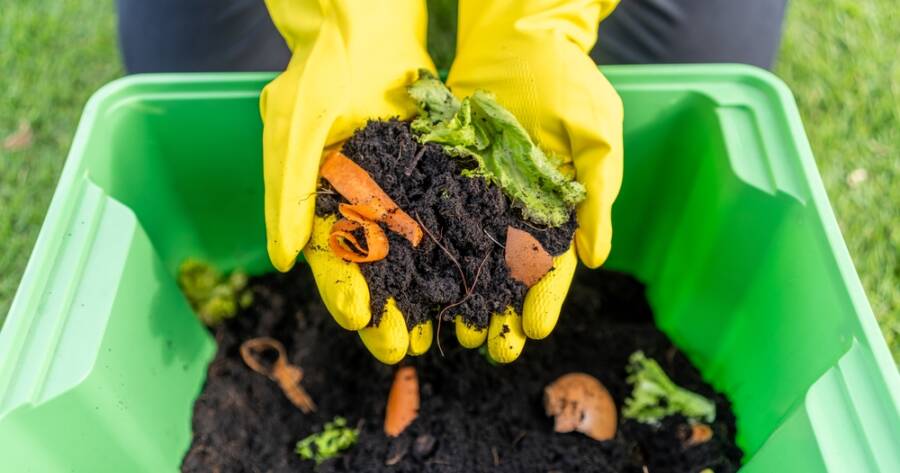Transforming your kitchen scraps and yard waste into nutrient-rich compost is easier than you might think. Whether you have a small backyard or a sprawling garden, composting offers a simple, sustainable way to reduce waste and nourish your plants. With just a little effort and the right approach, you can create your own organic gold right at home. Understand the basics of effective backyard composting.
Choosing the Right Location for Your Compost Bin
The first step in starting your composting journey is selecting the perfect spot for your compost bin. Ideally, this should be a well-drained area that gets some sunlight, as warmth helps the decomposition process.
Choose a location that’s easily accessible for adding materials and turning the pile, but not too close to your house to avoid odors and pests. You can use a commercial compost bin, a DIY pile, or even a tumbler. Just ensure it’s placed on bare soil to promote microbial activity, which is essential for breaking down organic matter.
Selecting a Compost Bin or Pile Type
For beginners, the choice of a compost bin or pile largely depends on space, convenience, and how much effort you’re willing to invest. A traditional compost pile is simple but requires turning regularly to aerate it.
A compost bin, which could be a plastic or wooden structure, keeps the materials contained and can reduce pests. Compost tumblers, though pricier, make it easy to rotate the pile. Whichever option you choose, make sure it allows air circulation, as oxygen is vital to the decomposition process.
Gathering the Right Composting Materials
To start composting, you’ll need two types of organic materials: greens and browns. Greens are nitrogen-rich materials like fruit and vegetable scraps, coffee grounds, and grass clippings. Browns, on the other hand, are carbon-rich materials such as dry leaves, straw, cardboard, and shredded newspaper.
Aim for a balanced mix of about 60% browns and 40% greens. Too many greens can make the compost pile smelly, while an excess of browns will slow down the decomposition. Always chop or shred larger pieces to speed up the process.
Creating the Ideal Conditions for Composting
To encourage quick and efficient composting, the materials in your compost bin should be kept moist but not wet. Aim for the consistency of a damp sponge. You should also turn your pile regularly, about once a week, to ensure good airflow and even decomposition.
The ideal temperature for composting is between 130°F and 160°F (55°C to 70°C). If your compost is too cold, try adding more greens, which generate heat, and keep the pile warm. If it’s too hot, add more browns to cool it down.
What to Avoid in Your Compost Pile
Not all organic waste is suitable for composting. Avoid adding meat, dairy, fats, and oils, as they attract pests and slow down decomposition. Also, steer clear of diseased plants, pet waste, and weeds that have gone to seed, as these can introduce harmful pathogens.
Certain chemicals, like pesticides, can also disrupt the composting process and harm beneficial microbes. Additionally, avoid composting plants with thorns or sharp edges, as they can make turning the pile difficult and even damage your composting equipment.
When and How to Use Your Finished Compost
Compost is ready when it looks dark, crumbly, and has an earthy smell. The entire process can take anywhere from a few months to a year, depending on factors like temperature, moisture, and the materials used. To check if it’s ready, feel the texture—finished compost should resemble rich soil.
Once it’s ready, you can use it to enrich your garden beds, pots, or lawns. Spread a 2-inch layer of compost around plants to improve soil structure, moisture retention, and nutrient content, giving your garden a healthy boost.
Reap the Rewards of Your Effort
Backyard composting may take time and a bit of effort, but the rewards are well worth it. Not only will you be reducing waste, but you’ll also be creating rich, nutrient-dense soil that benefits your plants and the environment.
With a little patience and consistency, your compost pile will soon transform into black gold that enhances your garden, reduces your carbon footprint, and helps you connect with nature in a meaningful way. Keep experimenting and refining your process, and soon, composting will become second nature!

